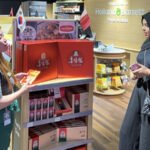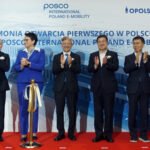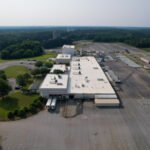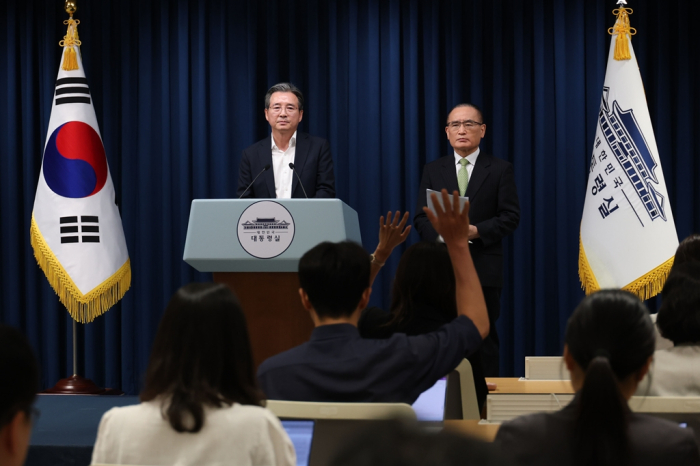
South Korea’s senior government officials said on Friday that agricultural products, including politically sensitive items such as rice and beef, are part of ongoing trade negotiations with the US.
Analysts said that’s a notable shift that reflects mounting pressure from Washington and the urgency of securing a bilateral deal before the US-set Aug. 1 deadline.
Seoul’s presidential office said that agriculture is included in the scope of discussions, marking a significant change in tone amid concerns in Korea that Seoul could be forced to make politically costly concessions to preserve broader trade and security ties.
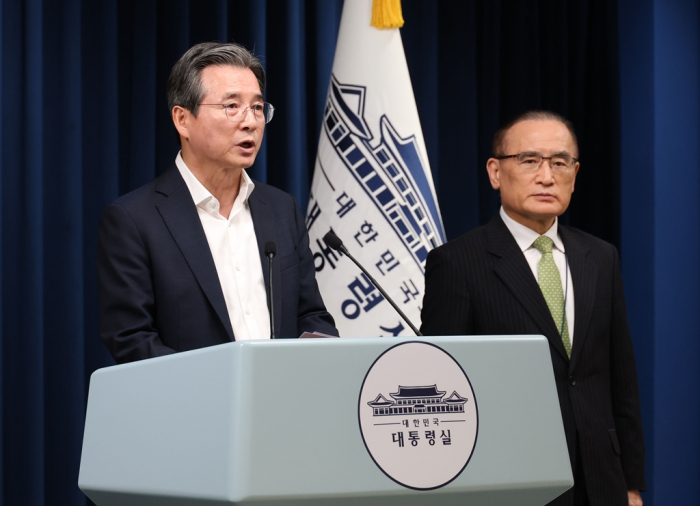
“We have prepared proposals that could contribute to mutual benefit,” Kim Yong-beom, presidential chief of staff for policy, said at a media briefing following a high-level trade strategy meeting at the presidential office.
“Industry Minister Kim Jung-kwan and Trade Minister Yeo Han-koo met with US Secretary of Commerce Howard Lutnick to reaffirm cooperation in sectors such as shipbuilding and semiconductors, and both sides expressed a shared willingness to conclude tariff negotiations before Aug. 1,” he said.
At the same time, Trade Minister Yeo Han-koo held parallel talks with US Trade Representative (USTR) Jamieson Greer, focused specifically on agriculture and digital policy, Kim said.
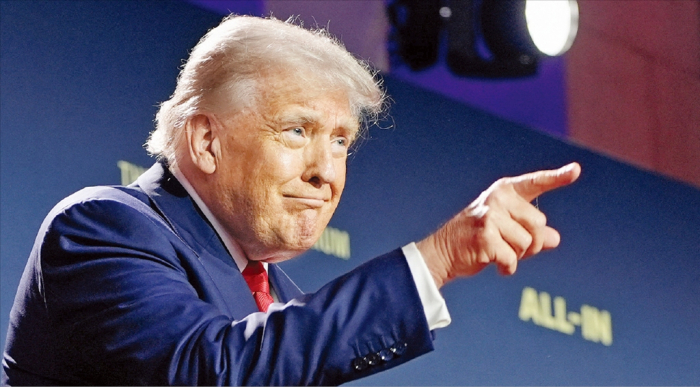
Korean representatives, now in Washington, D.C., are scheduled to continue negotiations with their US counterparts in the coming days.
AGRICULTURE: POLITICALLY SENSITIVE
The inclusion of agriculture – long considered a red line in Korea’s trade playbook – signals how intense US demands have become.
Officials have not confirmed specific products under discussion, but the mention of rice and beef could ignite domestic backlash, particularly from farmers and civic groups wary of US imports.
On Thursday, President Donald Trump continued to turn up the heat, describing Japan’s recent $550 billion investment pledge as a “signing bonus” for lowering the US tariffs on Japanese imports to 15% from 25%.
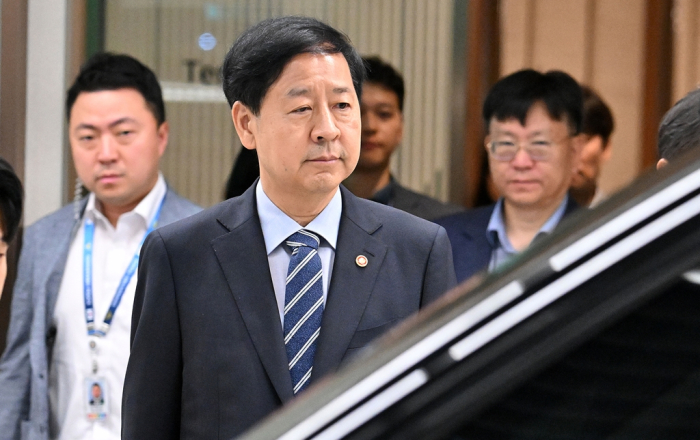
Speaking at a visit to the Federal Reserve in Washington, Trump said he was prepared to offer similar incentives to other countries “willing to buy down their tariffs.”
He also took to social media to hail Australia’s decision to resume US beef imports and warned that “nations that refuse our great beef will have to face the consequences,” in a not-so-subtle nudge to holdouts like Korea.
CAUGHT BETWEEN GEOPOLITICAL PRESSURE, DOMESTIC CONSTRAINTS
Analysts said Seoul’s trade team finds itself caught between intensifying geopolitical pressure and domestic political constraints.
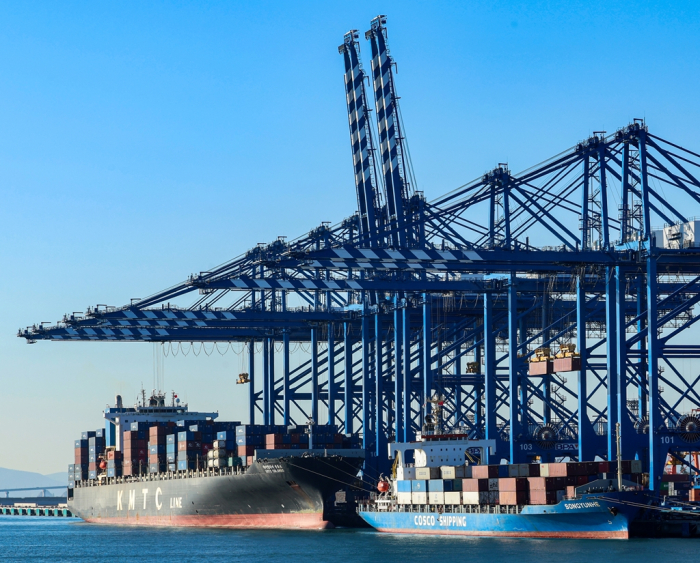
A last-minute cancellation of the planned “2+2” trade dialogue with Washington earlier this week further rattled officials in Seoul, who fear being left out of the evolving Indo-Pacific economic architecture.
Friday’s emergency government meeting in Seoul brought together top presidential aides, including Chief of Staff Kang Hoon-sik, National Security Adviser Wi Sung-lac, Finance Minister Koo Yoon-cheol and Cabinet Coordination Minister Yoon Chang-ryeol, to fine-tune Korea’s negotiation posture.
“Security-related talks have made more progress and are relatively stable,” Wi said, hinting that concessions in national defense cooperation may already be secured and could help “create positive momentum” for the more difficult economic talks.
Still, agriculture has emerged as a key battleground in what Seoul is now treating as a high-stakes, all-fronts negotiation.
By Hyung-Kyu Kim, Dae-Hun Kim and Sang-eun Lucia Lee
khk@hankyung.com
In-Soo Nam edited this article.


